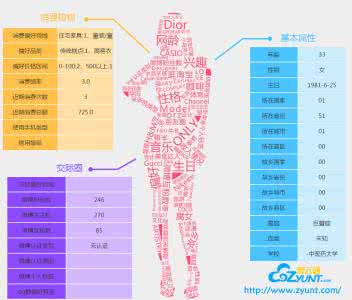Ethereum is the largest public blockchain by usage. It applies an account-based model, which is inferior to Bitcoin's unspent transaction output model from a privacy perspective. Due to its privacy shortcomings, recently several privacy-enhancing overlays have been deployed on Ethereum, such as non-custodial, trustless coin mixers and confidential transactions. In our privacy analysis of Ethereum's account-based model, we describe several patterns that characterize only a limited set of users and successfully apply these quasi-identifiers in address deanonymization tasks. Using Ethereum Name Service identifiers as ground truth information, we quantitatively compare algorithms in recent branch of machine learning, the so-called graph representation learning, as well as time-of-day activity and transaction fee based user profiling techniques. As an application, we rigorously assess the privacy guarantees of the Tornado Cash coin mixer by discovering strong heuristics to link the mixing parties. To the best of our knowledge, we are the first to propose and implement Ethereum user profiling techniques based on quasi-identifiers. Finally, we describe a malicious value-fingerprinting attack, a variant of the Danaan-gift attack, applicable for the confidential transaction overlays on Ethereum. By incorporating user activity statistics from our data set, we estimate the success probability of such an attack.
翻译:Eceenum是使用最大的公共链条。 它从隐私角度应用了一个基于账户的模式, 比Bitcoin的未用交易输出模式低一些。 由于隐私缺陷, 最近在Eceenum 上部署了几处加强隐私的重叠, 例如非拘禁、无信任的硬币混音和保密交易。 在对Eceenum 账户模式的隐私分析中, 我们描述了一些模式, 仅以有限的用户为特征, 并成功地应用这些准身份识别符处理匿名化任务。 使用 Eceenum 用户识别符作为地面真相信息, 我们定量比较了最近机器学习分支的算法, 所谓的图形代表学习, 以及基于时间的活动和交易费的用户特征分析技术。 作为应用, 我们严格评估“ 龙卷式现金混音器” 的隐私保障, 发现与混合方联系的强烈的偏差。 我们最了解的是, 我们首先提出并应用Eceenum 用户特征分析技术。 最后, 我们描述了一个恶意的价值- 定义用户描述攻击的机密性攻击的概率, 一种由用户攻击中设定的成功性攻击 。




